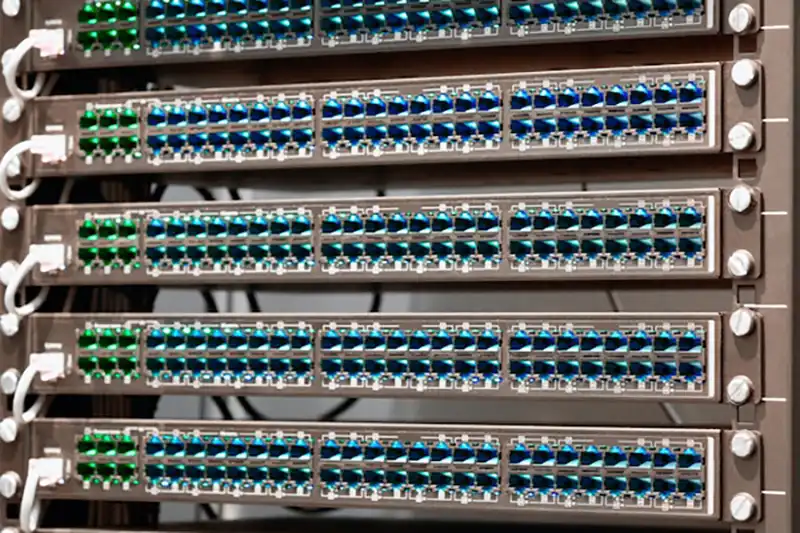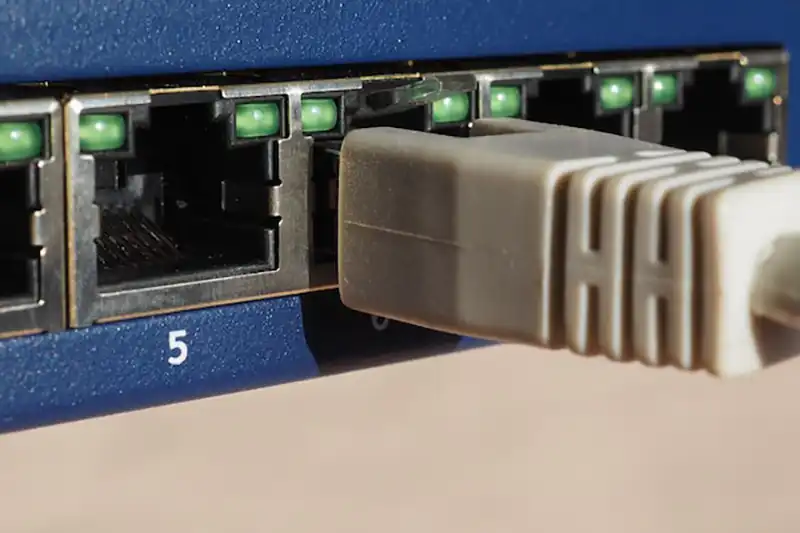Cisco switches have long been a trusted choice for network administrators and businesses that require a reliable, secure, and high-performance network infrastructure. For decades, Cisco has earned its reputation for quality and innovation, producing networking hardware and software that are at the forefront of technology. As organizations increasingly rely on data-driven operations, network connectivity, and cloud services, the demand for robust networking solutions continues to rise. Cisco switches are known for their ability to meet these demands while providing advanced features, ensuring businesses are equipped for current and future needs.
In this article, we will explore the various advantages of using Cisco switches, discussing why they are a top choice for companies globally. Whether you’re managing a small office or a large enterprise network, Cisco switches offer a host of benefits that improve network efficiency, security, and scalability.
Scalability and Flexibility
One of the key advantages of using Cisco switches is their scalability and flexibility. These switches are designed to grow with businesses, supporting both small-scale and large-scale networks. Cisco switches feature modular designs, allowing users to easily add components or upgrade parts of the system as their network needs evolve.
For smaller businesses, Cisco offers entry-level switches that provide an affordable solution with a solid feature set. As organizations expand, Cisco’s higher-end switches can easily accommodate additional network ports, bandwidth, and more complex configurations. Furthermore, Cisco switches are versatile enough to handle multiple sites or branches, making them ideal for businesses with distributed networks.
This scalability ensures that a company doesn’t need to replace its network hardware as it grows. The ability to scale without compromising the existing infrastructure saves money and resources, making Cisco switches a long-term investment for businesses of all sizes.
Enhanced Security Features
In today’s world, cybersecurity is a top priority for businesses. Cisco switches come equipped with several advanced security features to help safeguard networks from unauthorized access, cyber threats, and data breaches. One of the major advantages of using Cisco switches is their focus on security at both the hardware and software levels.
One of the key advantages of using Cisco switches is their support for 802.1X port security, which allows administrators to control which devices can access the network through authentication. This ensures that only authorized users and devices are allowed to connect. Furthermore, access control lists (ACLs) enable administrators to define specific rules regarding the types of traffic allowed to pass through the network. This level of granularity enhances security by ensuring that sensitive data is protected from external threats.
In addition, Cisco’s VLAN (Virtual Local Area Network) support enables businesses to segment their network into multiple, isolated segments. This segmentation reduces the risk of a cyberattack spreading across the network, as it confines any potential breach to the specific VLAN it originated from.
High Performance and Reliability
Cisco switches are renowned for their high performance and reliability. These attributes are critical for businesses that rely on fast, uninterrupted network connectivity for daily operations. Whether a business is running bandwidth-intensive applications, streaming large volumes of data, or managing high levels of network traffic, Cisco switches can handle these demands without sacrificing speed or performance.
Cisco switches use advanced hardware and software technologies to ensure minimal latency and consistent uptime. Many models support high-speed Ethernet, including 10GbE, 40GbE, and even 100GbE, providing plenty of bandwidth to handle the data needs of modern organizations. Additionally, Cisco switches are built with redundancy features such as power supplies and fans, which help ensure the network remains operational even if one component fails.
Reliability is especially crucial in mission-critical environments, such as financial institutions, healthcare, and large-scale enterprises. Cisco switches are designed to operate in high-availability environments, where network downtime can have significant consequences.
Simplified Network Management
Managing a network can be a complex and time-consuming task. Cisco offers a suite of advanced network management tools that simplify network configuration, monitoring, and troubleshooting. Cisco’s intuitive software solutions enable network administrators to efficiently manage large, distributed networks with ease.
Cisco’s DNA Center is a centralized network management platform that allows administrators to automate network tasks, including provisioning, configuration, and monitoring. With features such as AI-driven insights and predictive analytics, DNA Center helps optimize network performance, reduce downtime, and resolve issues before they escalate. Administrators can also quickly identify and address potential bottlenecks, security vulnerabilities, or performance degradation through real-time monitoring.
Another useful tool is Cisco Prime Infrastructure, which provides end-to-end management of both wired and wireless networks. It offers detailed performance metrics, fault management, and visibility into the network topology, which helps streamline daily operations. These tools reduce the time spent managing the network, allowing IT staff to focus on more strategic tasks.
Future-Proof Technology
As technology continues to evolve, businesses must ensure that their network infrastructure can keep pace with emerging trends. Cisco is known for future-proofing its hardware by incorporating the latest advancements in networking technology. This focus on innovation ensures that Cisco switches can seamlessly integrate with new technologies as they emerge, allowing organizations to stay ahead of the curve.
One of the significant innovations in Cisco switches is support for Software-Defined Networking (SDN). SDN allows administrators to manage network resources more efficiently by decoupling the control plane from the data plane. This means that network configurations can be centrally controlled and dynamically adjusted to meet changing business needs. As businesses increasingly move towards cloud-based services, SDN provides the flexibility required for managing cloud workloads.
Cisco switches also support integration with cloud services. As more businesses adopt cloud-based applications and services, having network infrastructure that can seamlessly integrate with public or private clouds is essential. Cisco switches are designed to provide the bandwidth and low-latency performance required to support these cloud applications, ensuring that businesses can scale their operations smoothly.
Moreover, Cisco has long been a leader in automation, offering technologies that enable networks to self-configure, self-heal, and adapt to changes automatically. This future-ready approach allows businesses to stay flexible and agile, ensuring that their networks can grow alongside future innovations.
Frequently Asked Questions
What makes Cisco switches better than other brands? Cisco switches are known for their high performance, reliability, and advanced security features. Their scalability, flexibility, and future-proof capabilities make them a preferred choice for businesses looking for a robust, long-term networking solution.
How do Cisco switches help with network security? There are several advantages of using Cisco switches, as they come with built-in security features such as port security, VLAN support, and access control lists (ACLs). These features help protect your network from unauthorized access and mitigate the risks of cyber threats.
Are Cisco switches easy to manage? Yes, Cisco switches offer a variety of intuitive management tools, such as Cisco DNA Center and Cisco Prime Infrastructure, which simplify network configuration, monitoring, and troubleshooting. These tools reduce the complexity of network management and increase efficiency.
Can Cisco switches handle high traffic loads? Absolutely. Cisco switches are designed to support high-performance environments and can handle large volumes of traffic without compromising on speed or reliability. They are ideal for environments with heavy data requirements, such as data centers or enterprise networks.

Are Cisco switches a good long-term investment? Yes, advantages of using Cisco switches include their future-proof design, with support for emerging technologies like SDN, cloud integration, and automation. Their ability to adapt to new innovations ensures that they remain valuable assets for businesses in the long term.
Conclusion
The advantages of using Cisco switches are evident: from scalability and security to high performance and future-proofing, Cisco delivers solutions that meet the growing needs of modern businesses. With their robust security features, seamless integration with emerging technologies, and comprehensive management tools, Cisco switches are an excellent choice for organizations looking to optimize their network infrastructure. Whether you’re looking to support a growing business, enhance security, or manage a complex network, Cisco offers solutions that help you achieve these goals efficiently and effectively.
For expert advice and the best Cisco switch solutions, visit Wizland to learn how Cisco can enhance your network.



